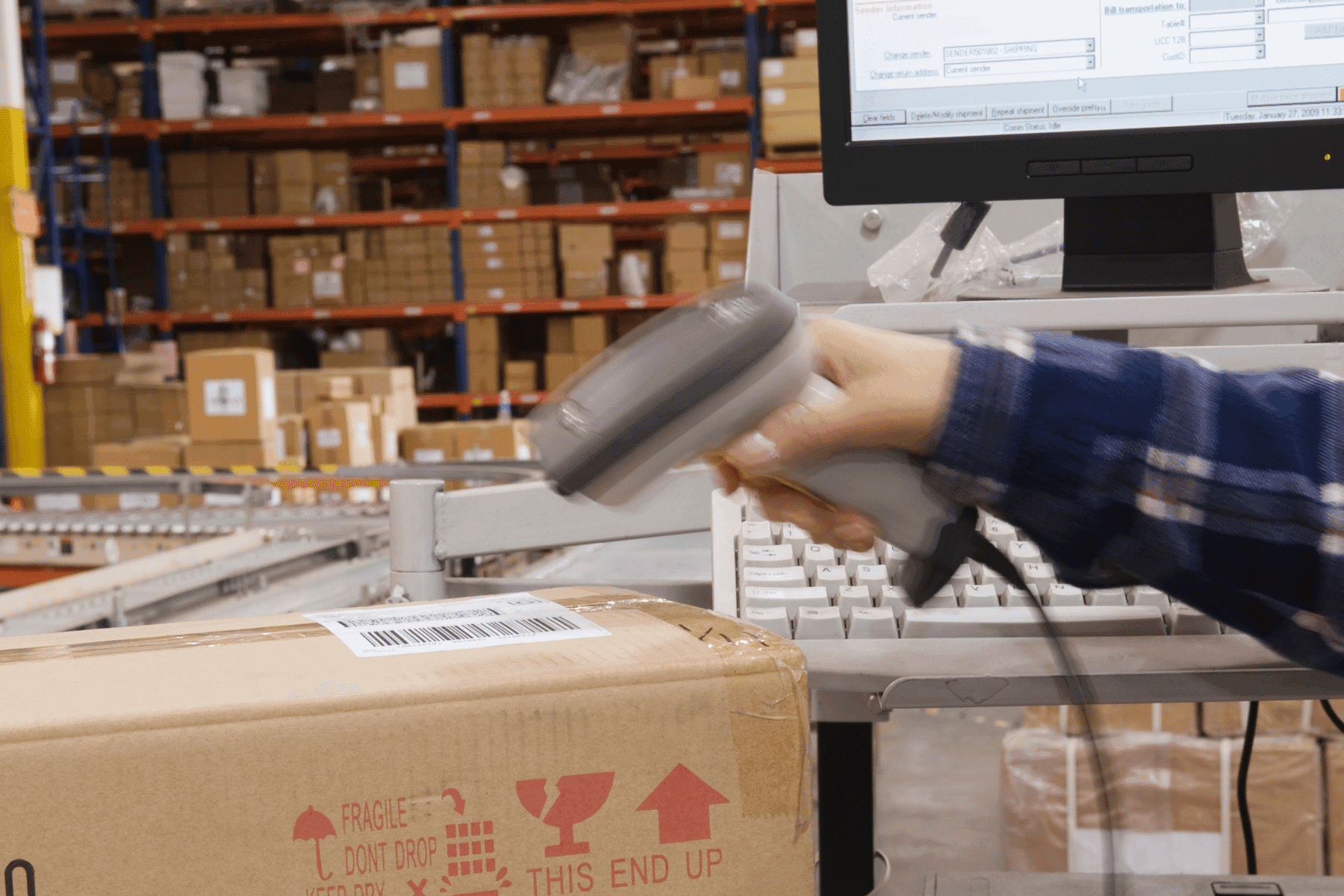Blockchain technology, a revolutionary innovation born from the age of digitalization, has emerged as a powerful instrument capable of reshaping various industries. Its potential to amplify transparency, security, and efficiency has resonated deeply within the logistics sector, prompting a wave of transformative changes across global supply chains. Among the leaders navigating this change is Snapl, a company that is at the forefront of these emerging trends, adapting and staying ahead of the curve.
This comprehensive analysis will unpack blockchain technology’s concept, dive into its multi-faceted applications in the logistics sector, and then reveal how Snapl is integrating these advancements into its operations to reinvent the landscape of logistics management.
What is Blockchain Technology?
Blockchain technology is a decentralized and distributed digital ledger that records transactions across numerous computers. The defining traits of this ledger are its transparency, immutability, and robust security.
Transparency emanates from blockchain’s public nature, allowing every participant to view all transactions, thus bolstering accountability. Immutability guarantees that once a transaction is inscribed into the blockchain, it remains permanently, offering a reliable audit trail. Security is a high-stakes feature in the digital world, and blockchain reinforces this by interlinking each transaction block to its predecessor and successor, making data tampering a near-impossible task.
Implementing Blockchain in the Logistics Industry
Ensuring Traceability and Transparency
Blockchain holds significant potential to heighten traceability and transparency in the logistics sector. From production to delivery, each step of a product’s journey can be etched into the blockchain, providing an immutable record of the product’s history. This ability not only enables logistics companies to affirm product authenticity but also empowers consumers with knowledge about the precise origin and path of their purchases.
Streamlining Paperwork Processing
In logistics, particularly in international trade, managing paperwork can often become an intricate and laborious process. The digitalization of these documents and their storage on a blockchain can simplify these procedures exponentially. Smart contracts, a subtype of blockchain applications, are especially potent in this respect. These self-executing contracts, with the agreement terms embedded into the code, fulfill contractual obligations automatically once predefined conditions are met, minimizing human error and intermediary involvement.
Amplifying Security
As the digital realm expands, so do cyber threats. Here, the intrinsic security properties of blockchain technology come to the forefront. Each blockchain transaction is encrypted and connected to the previous one, effectively making the data resistant to tampering. This feature can help thwart fraud and theft, two prevalent concerns in logistics.
Facilitating Dispute Resolution
The logistics industry is not immune to disputes arising from damaged goods, delayed deliveries, or contract disagreements. Blockchain technology’s capacity to maintain an unalterable record of transactions can greatly expedite dispute resolution. The blockchain data can serve as a trustworthy single source of truth for all parties involved, curtailing the time, costs, and complexity usually associated with resolving disputes.
Real-Time Tracking Enhancement
When fused with IoT (Internet of Things) technology, blockchain can significantly improve the real-time tracking of goods. Sensors can record and relay data such as location, temperature, humidity, which can then be stored on the blockchain. This data offers an accurate, real-time overview of the goods’ state and location, indispensable for goods requiring specific storage conditions.
The Snapl Approach: Staying Ahead of the Curve
As the technological landscape of the logistics industry continues to evolve, Snapl remains steadfast in its commitment to adapt and stay at the forefront of these changes. Blockchain technology’s benefits align seamlessly with our vision to enhance efficiency, security, and transparency in our operations.
At Snapl, we’ve been developing advanced systems to harness blockchain technology’s power to ensure end-to-end visibility in our supply chains. By embracing blockchain, we can offer our customers complete transparency into the lifecycle of their goods, from production to delivery, reaffirming our dedication to customer-centric services.
In response to the complex paperwork processing issues, we have integrated smart contracts into our operations. These automated contracts have significantly streamlined our transactions, enabling us to bypass redundancies and reduce human errors.
Snapl’s commitment to cybersecurity is unwavering, and blockchain technology has strengthened our stand. Through the implementation of blockchain, we’ve further fortified our digital infrastructure, assuring our clients of the utmost security.
Our approach to dispute resolution has been radically improved by the introduction of blockchain technology. The immutable nature of blockchain records has created a trustworthy environment for all parties, streamlining the dispute resolution process.
Finally, Snapl has been employing a combination of blockchain and IoT technologies to enhance real-time tracking. Our clients can now access accurate, up-to-the-minute information about their goods’ status and location, crucial for optimal logistics management.
Looking Ahead
Blockchain adoption in logistics, while promising, is still in its nascent stages. Challenges such as technological complexity, the absence of standardization, and regulatory uncertainties need to be overcome. However, as the technology matures and as these issues get resolved, we anticipate a surge in logistics companies turning to blockchain to elevate their operations.
As consumer demand for transparency and accountability escalates, and as efficiency becomes a determinant for competitive advantage, blockchain technology’s potential as a game-changer in the logistics industry is undeniable. Snapl, being a forward-thinking entity, is already onboard, leveraging this technology to redefine logistics management. As we venture further into the digital era, Snapl’s ongoing blockchain adoption and the resultant transformation of logistics remain an exciting journey to watch.






